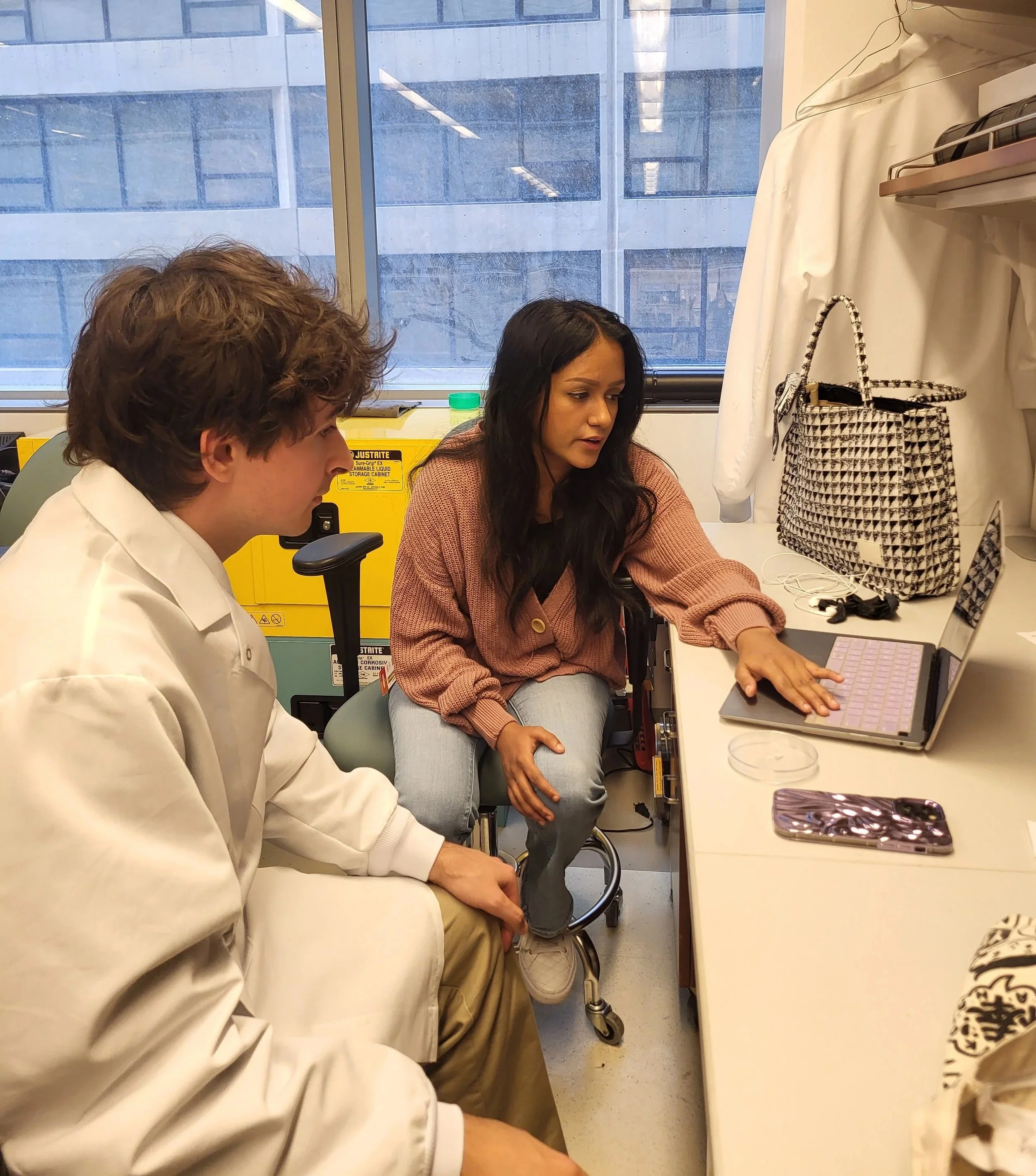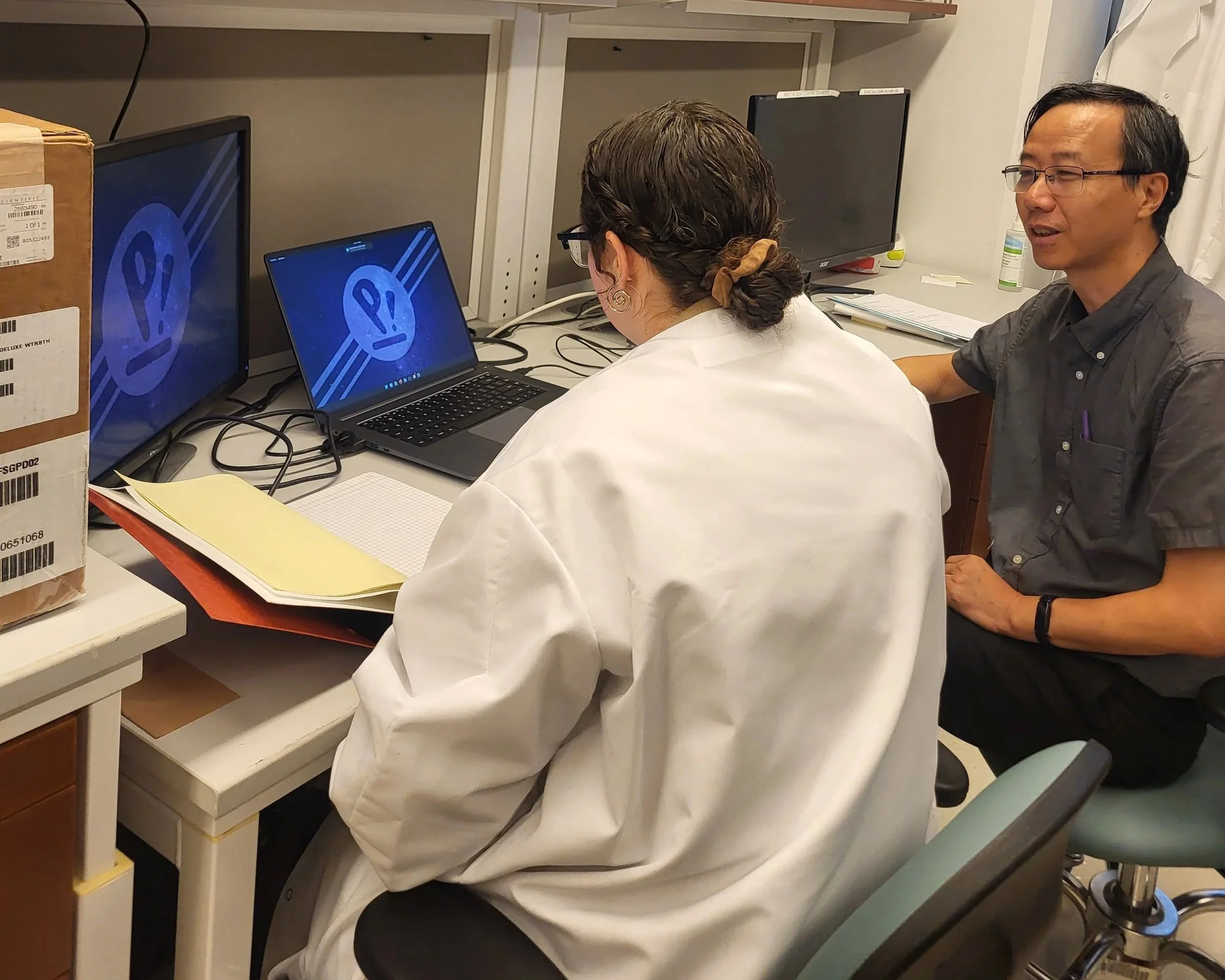Training
A. Research Readiness Bootcamp (5 weeks)
As an introduction to research techniques, RaMP scholars will participate in Research Readiness Bootcamp for three weeks in August at the DNA Learning Center NYC - Cold Spring Harbor Laboratory (located at the CUNY CityTech Campus in Brooklyn) and for two weeks at Hunter College in the Belfer Research Building on the Upper East Side of Manhattan. The Bootcamps will provide scholars with practical skillsets and an immersive view of collaborative mentoring teams and the researchers. In this way all the scholars will get to know all the mentors, making the “village” accessible to every scholar. The curriculum of experimental, computational, applied biosciences and creative thinking skills includes:
Green Genes: Molecular cloning, bacterial transformation, and protein purification.
Genome Science: DNA sequence analysis, DNA barcoding, bioinformatics, characterizing organisms isolated from the environment.
Science Communication: Posters and presentations.
Career Development: Mentors will present how research techniques translate to scientific careers in education, policy, industry, academic research, and art. Scholars attend a wide variety of seminars to expose them to career options in biological sciences.
Learning: Scientific seminar topics include molecular biology, biological chemistry, cell biology, RNA biology, cell cycle control, organismal biology, bioinformatics, systems biology including molecular phylogenetics, introductory computer programming with Unix and Python, and data visualization and statistical analysis with R/RStudio.
B. Hands-on Research Experience (~47 weeks)
-
NY-RaMP Scholars will be matched with experienced faculty mentors to work on full time research projects in the fields of biology, biochemistry, molecular biology, microbiology, bioinformatics, chemical biology, and/or nanotechnology.
-
Much like the New York City transit system, the interconnected research programs of NY-RaMP blend basic science approaches by linking discrete scientific teams into collaborative groups that connect to form a community.
-
The scholar mentees are encouraged to share their scientific intellect with their community and family and to emerge from the program comfortable with the identity of “scientist”. Scholars receive training on how to present their scientific findings, and have the opportunity to present their work at the NY-RaMP Retreat and other conferences.
-
The leadership and mentoring team will work with the Postbaccalaureate scholars to develop their sense of belonging in a diverse environment through a combination of community building events.





